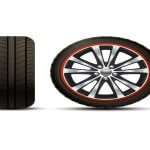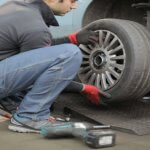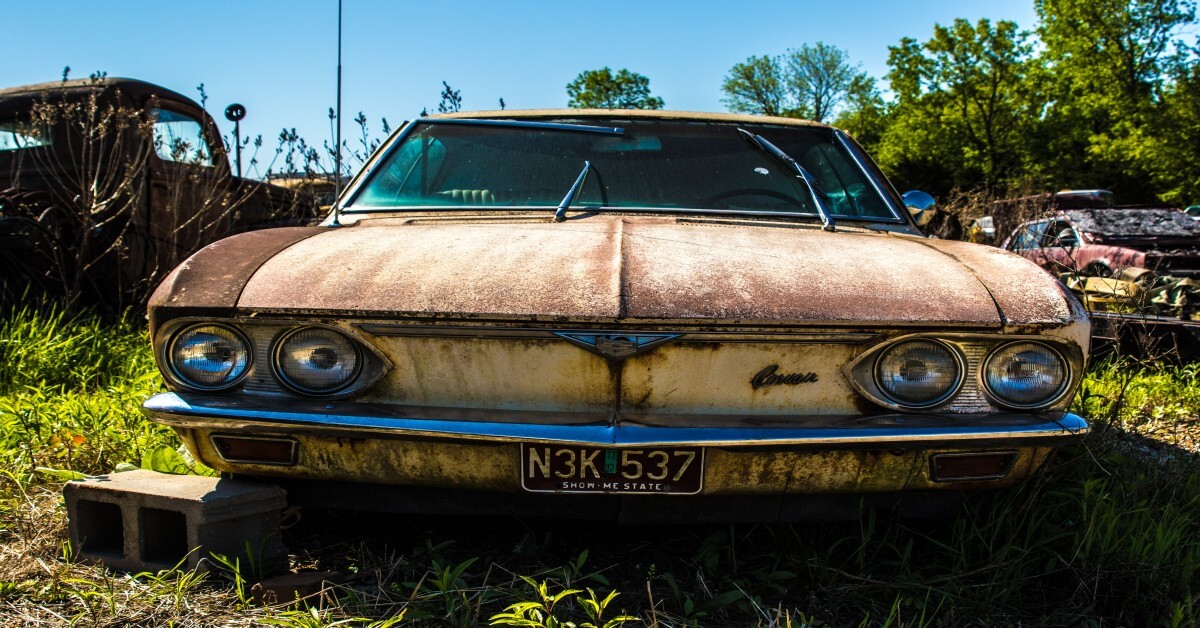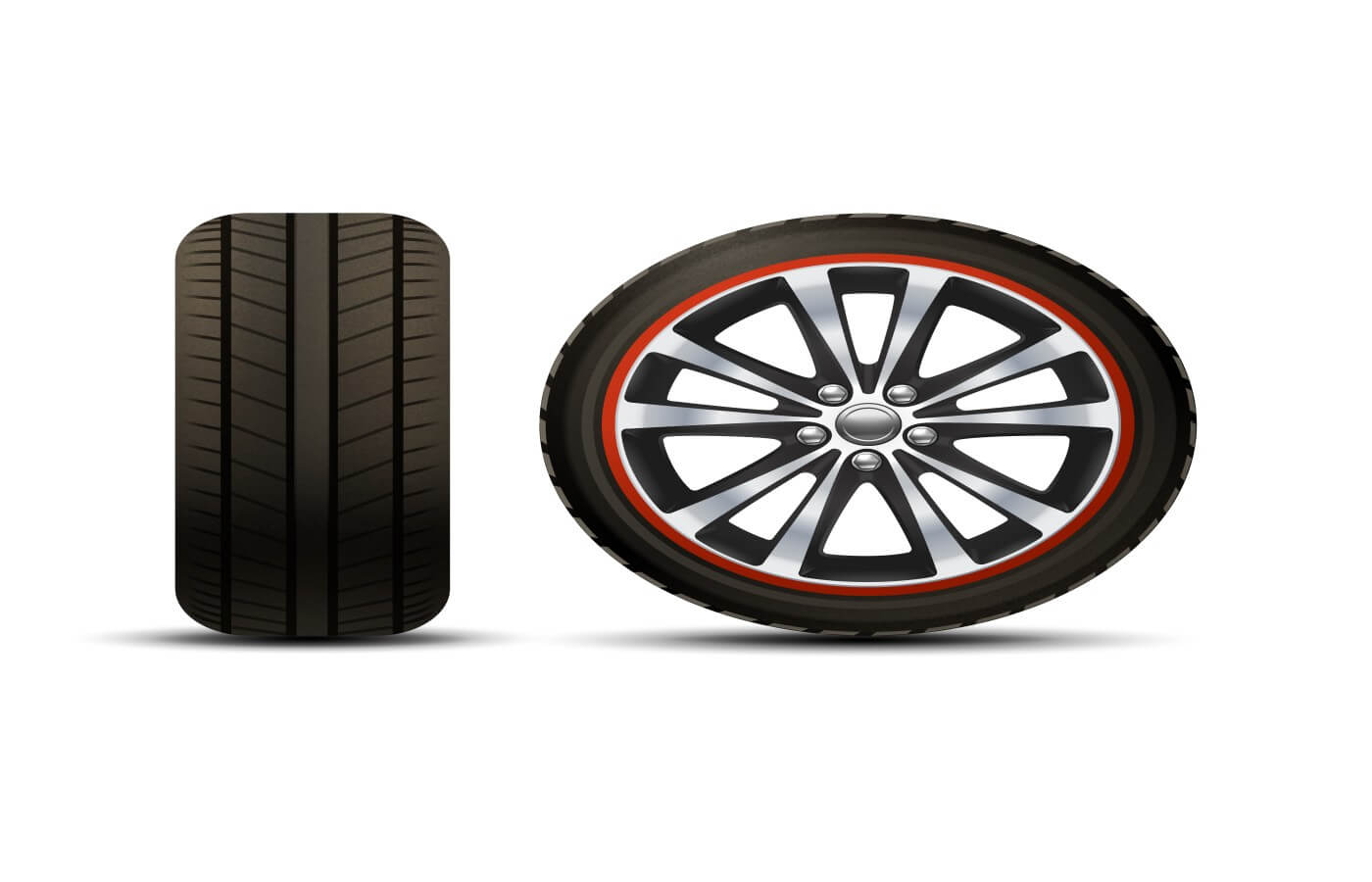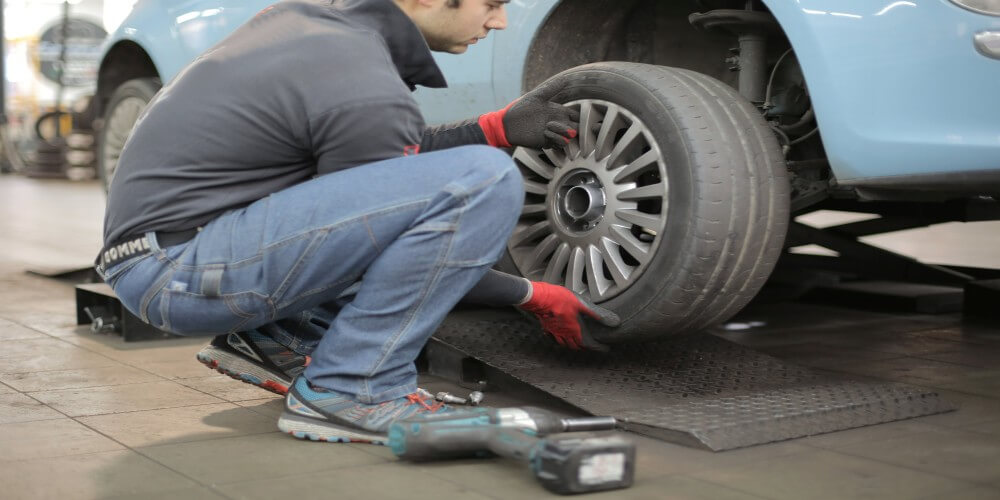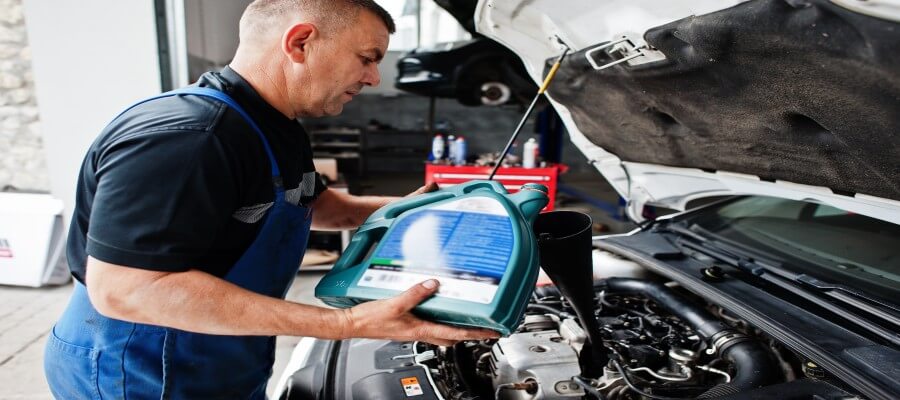Every year, millions of cars and vehicles reach the end of their useful lives and are scrapped. While many people may view this as a sad ending to a once-beloved vehicle, the truth is that scrapping old cars and vehicles is essential for many reasons. In this article, we’ll explore why it’s necessary to scrap our old cars and vehicles and the benefits it can bring.
Table of Contents
What Is Vehicle Scrapping?
Before we dive into the reasons why we need to scrap our old cars and vehicles, let’s define what we mean by “scrapping.” Vehicle scrapping is the process of dismantling a car or vehicle and recycling as many parts as possible. The remaining metal is then sold for scrap.
Why Do We Need to Scrap Our Old Cars and Vehicles?
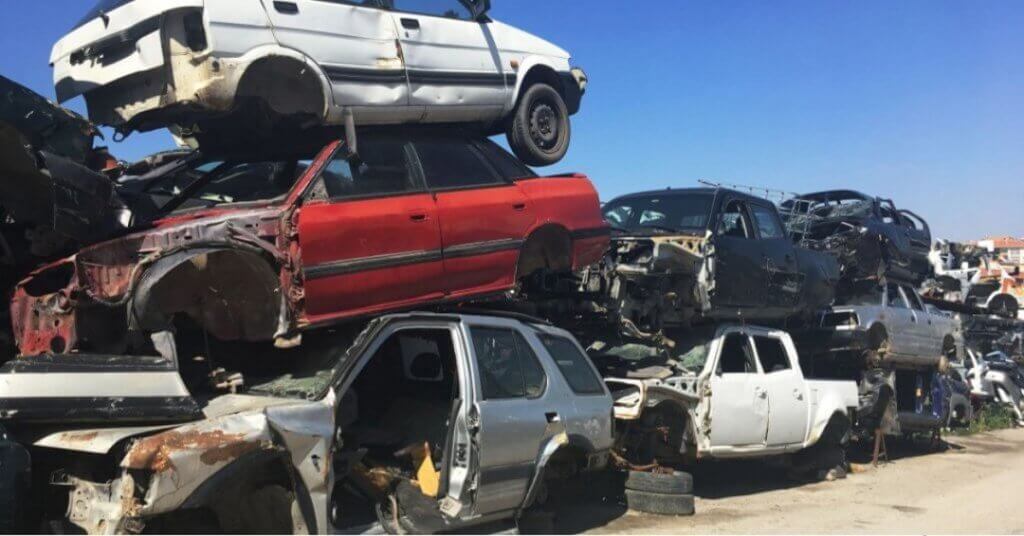
Reason #1: Environmental Concerns
One of the main reasons why we need to scrap our old cars and vehicles is due to environmental concerns. Older vehicles tend to be less fuel-efficient and produce more emissions than newer models. This means that they contribute more to air pollution and climate change.
Scrapping old cars and vehicles can help reduce emissions and improve air quality. When a vehicle is scrapped, its components are recycled, and the metal is reused, reducing the need for new resources to be mined and processed. This, in turn, reduces the environmental impact of mining and manufacturing new materials.
Reason #2: Safety Concerns
Older vehicles also tend to have more safety issues than newer models. They may lack modern safety features like airbags, anti-lock brakes, and electronic stability control. As a result, they may be more prone to accidents and injuries.
Scrapping old cars and vehicles can help improve road safety by removing unsafe vehicles from circulation. This can reduce the number of accidents on the road and improve overall safety for drivers, passengers, and pedestrians.
Reason #3: Economic Benefits
Scrapping old cars and vehicles can also provide economic benefits. When a vehicle is scrapped, its components can be recycled and reused, reducing the need for new materials to be manufactured. This can help reduce the cost of producing new cars and vehicles and lower the price for consumers.
In addition, scrapping old cars and vehicles can also provide jobs in the recycling industry. The process of scrapping a vehicle requires skilled workers to dismantle the car and recycle its components. This can create jobs and stimulate economic growth.
How Is Vehicle Scrapping Done?
Now that we’ve explored why we need to scrap our old cars and vehicles, let’s take a look at how the process is done. Vehicle scrapping typically involves several steps, including:
- Dismantling the vehicle: The first step in scrapping a vehicle is to dismantle it. Skilled workers remove all usable parts, such as the engine, transmission, and other components.
- Recycling the components: After removing the usable parts, they are sorted and recycled. This may involve melting down the metal to create new parts or components.
- Selling the scrap metal: Once all of the usable parts have been removed and recycled, the remaining metal is sold for scrap.
- Properly disposing of hazardous materials: Some parts of a vehicle, such as the battery and tires, may contain hazardous materials that must be disposed of properly. These materials are typically sent to specialized facilities for disposal.
Wrapping Up
Scrapping our old cars and vehicles is necessary for several reasons. It helps reduce emissions, improve road safety, and provide economic benefits. While it may be difficult to say goodbye to a beloved vehicle, we can take comfort in knowing that the components are being recycled and reused,
reducing the environmental impact of new car production. So, the next time you’re thinking about holding on to an old car, consider the benefits of scrapping it instead. By doing so, you’re not only helping the environment but also promoting safety on the roads and contributing to the economy.
In addition, many governments around the world have implemented scrappage programs to encourage people to scrap their old cars and vehicles. These programs offer financial incentives to people who trade in their old cars for newer, more fuel-efficient models. This not only encourages people to scrap their old vehicles but also helps reduce emissions and improve air quality.
It’s also worth noting that scrapping old cars and vehicles is not the only solution. Regular maintenance and proper care can extend the life of a vehicle and make it more fuel-efficient. When it does come time to retire a vehicle, however, scrapping it is the responsible choice.
In conclusion, there are many reasons why we need to scrap our old cars and vehicles, including environmental concerns, safety issues, and economic benefits. While it may be difficult to part with an old vehicle, scrapping it can help reduce emissions, improve road safety, and stimulate the economy. By doing so, we’re taking a step towards a more sustainable future.



